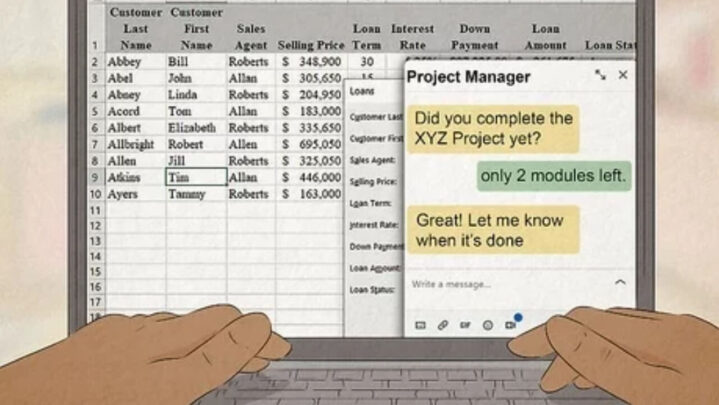Computerized companies are quicker, simpler, and more effective in all aspects of operation, including record keeping, problem resolution, and communication. In this article, we learn how to become a data entry operator and how they work.
Workers who enter data into databases or computers do so for management, reporting, or retrieval purposes. Depending on the business or organization, the data is gathered via documents, bills, invoices, surveys, interviews, and a myriad of other sources. Operators who enter data must be precise and productive.
What does an operator of data input do?
Both governmental and commercial entities may employ data input operators. Their functions include:
1.Data conversion from hard copies to digital storage systems.
2.The opening and updating of customer records in corporate files.
3.Gathering information for recording and following
4.Creating simple reports, such as those produced by a system that counts the cases that need to be visited each day in a hospital.
5.Processing information from company records, including invoices, inventories, and quotes.
6.Archive management and physical record filing.
7.Evaluating new software and coming up with more effective ways to address data input problems.
8.Generating backups of corporate data.
How to train to work as a data entry operator
Entry-level jobs make up the majority of data entry operator occupations. To get ready for the essential obligations, follow these steps:
1. The appropriate education
For the majority of data entry jobs, you must have a high school diploma or GED. A certificate in data entry can be something else you wish to pursue. Information entering is only one aspect of working as a data entry operator.
2. Possessing the fundamental knowledge of software
The majority of businesses operate using proprietary software. Learning fundamental computer abilities like MS Word, Excel, or Access is crucial, even though they may eventually instruct you on complicated applications.
3. Amass valuable expertise
With a little experience, you might get work in small businesses as a data entry operator. Because they need little to no training, employers could choose a candidate with prior expertise in a relevant sector.





